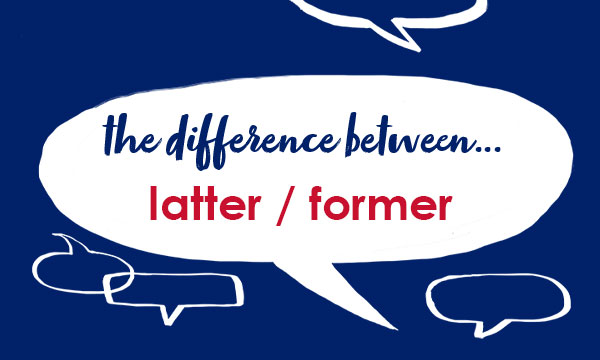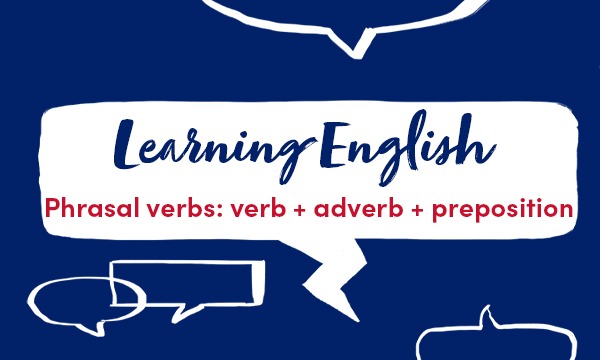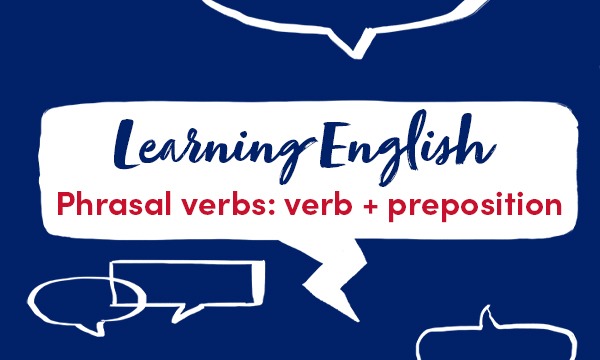This week we are looking at two words which may be confused by learners of English: latter and former.
latter
function playAudio(url) { new Audio(url).play(); }The latter should only be used to refer to the second of two things or people which have already been mentioned.
Given the choice between working for someone else and working for the family business, she’d prefer the latter.
former
function playAudio(url) { new Audio(url).play(); }You use the former to talk about the first of two things already mentioned.
These two firms are in direct competition, with the former trying to cut costs and increase profits.
If you are talking about three or more things or people, don’t use `the latter’ or `the former’. Use an expression with the last or the first.
The company has three branches, in Birmingham, Plymouth, and Greenock. The last of these will close next year.
If you are mentioning things for the first time, don’t use `the former’ or `the latter’. Use the first or the second.
There will be two matches next week. The first will be in Brighton, and the second in London.
Find out more in our English Usage article.
This blogpost is based on Collins COBUILD English Usage, written for learners of English. For more examples of English usage points, please visit: https://grammar.collinsdictionary.com/english-usage.
All opinions expressed on this blog are those of the individual writers, and do not necessarily reflect the opinions or policies of Collins, or its parent company, HarperCollins.



